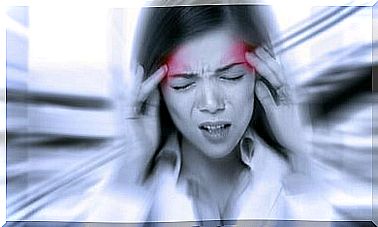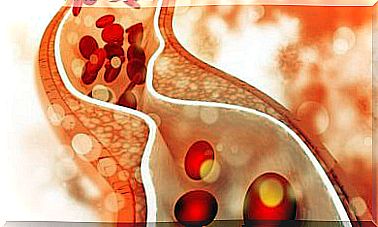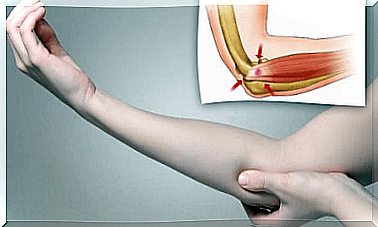Relationship Between Body Organs And Emotions
It is important to learn to control emotions in order to maintain mental health. Inner body organs can also be affected by emotional states.
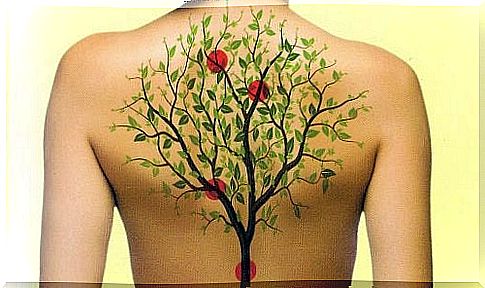
Have you ever wondered what effects emotions can have on your body organs?
Traditional Chinese Medicine assumes that our body generates a storm of reactions as a result of all external or internal stimuli.
Our organism is not only able to carry out basic functions, for example to convert nutrients into energy and thus guarantee our life.
All stimuli are also processed to produce a positive or negative response that affects all organs of the body.
In addition to physical stimuli that are absorbed through the sensory organs, emotions and feelings can also trigger reactions and stimulate or block certain body organs.
It is generally a healthy process, but if the emotions are very intense or negative and are experienced over a long period of time, it can damage the organs of the body and make them more susceptible to disease.
How do emotions affect the organs of the body?

The degeneration process of an organ is directly related to the emotions and feelings that we experiment.
When one organ is negatively affected, the whole organism is out of whack. That is why it is very important to find out the causes of the negative emotions that harm the organ. This is the only way to promote healing.
For this, certain emotions have to be transformed and positive thoughts cultivated.
Then we will explain to you which organs can be particularly severely affected by which emotions.
1. Heart and small intestine: happiness

In Traditional Chinese Medicine, happiness is associated with the heart and small intestine.
The heart regulates the blood circulation, the small intestine is responsible for the absorption of nutrients and minerals from food.
A healthy feeling like joy stimulates the functions of these organs, but if you overdo it, the following symptoms can arise:
- nervousness
- Racing heart
- insomnia
- Lack of concentration
Extroverted, sensitive and talkative people often have problems with these organs, as they overflow with emotions and these can also put a strain on the body.
Therefore, one should protect oneself from euphoria, excitement, restlessness, excitability and too many emotions in order to protect the health of the two mentioned organs.
2. Liver and gallbladder: anger and anger

Anger and anger, as well as similar emotions, are associated with the liver and gallbladder.
The liver stores blood and regulates vital energy, the gall bladder collects the bile and releases it when necessary.
If you have ailments with these organs, you may be a very dynamic person, but they may be overly concerned and may be aggressive.
In addition to controlling anger and anger, you should learn to better deal with frustration and outrage.
Remember that a well-functioning liver produces stimulating and liberating energy.
3. Spleen and Stomach: Obsession
These two organs are associated with obsessive behavior, nostalgia, and reflection.
The stomach processes the food eaten, the spleen forms part of the lymphatic system that fights against infections and regulates the body’s fluid balance.
Anyone with stomach or spleen problems may be a calm, quiet person who has a hard time making decisions.
When the energy of these two organs is balanced, compassion and empathy can be encouraged.
4. Lungs and colon: sadness

These organs are associated with melancholy, sadness and suffering.
The lungs allow breathing, while part of the digestive process is carried out in the large intestine. Not only are nutrients absorbed here, the large intestine is also closely linked to the immune system.
Independent, very rational people who lock themselves up in their own world often suffer from ailments that are then related to these two organs.
This can lead to symptoms such as a lack of appetite, pressure on the chest and listlessness.
5. Kidneys and Bladder: Anxiety
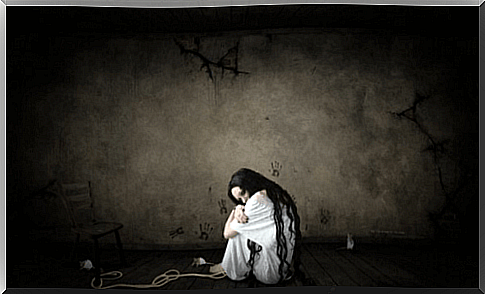
The kidney is associated with anxiety as well as panic. This organ is responsible for cleansing the blood. The bladder, in turn, collects the urine and then controls the excretion.
Anyone who suffers from lumbar pain, weakness and other symptoms may be experiencing a situation full of uncertainty.
Those who enjoy balanced kidney energy can develop confidence in their own abilities.
You now know how different emotions can affect certain organs of the body. Start by turning these into positive thoughts to protect your physical and mental health.



